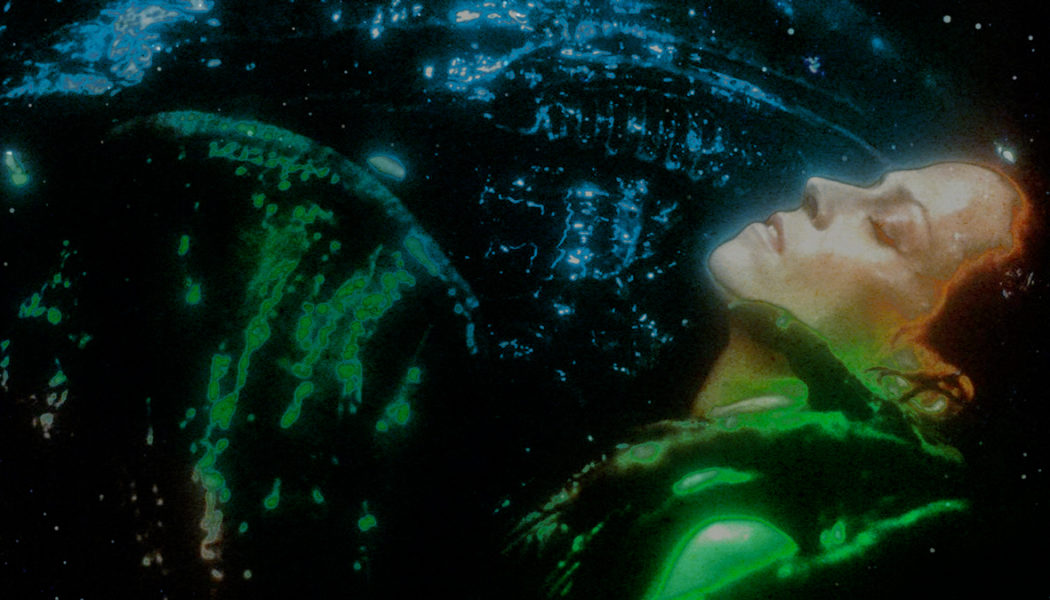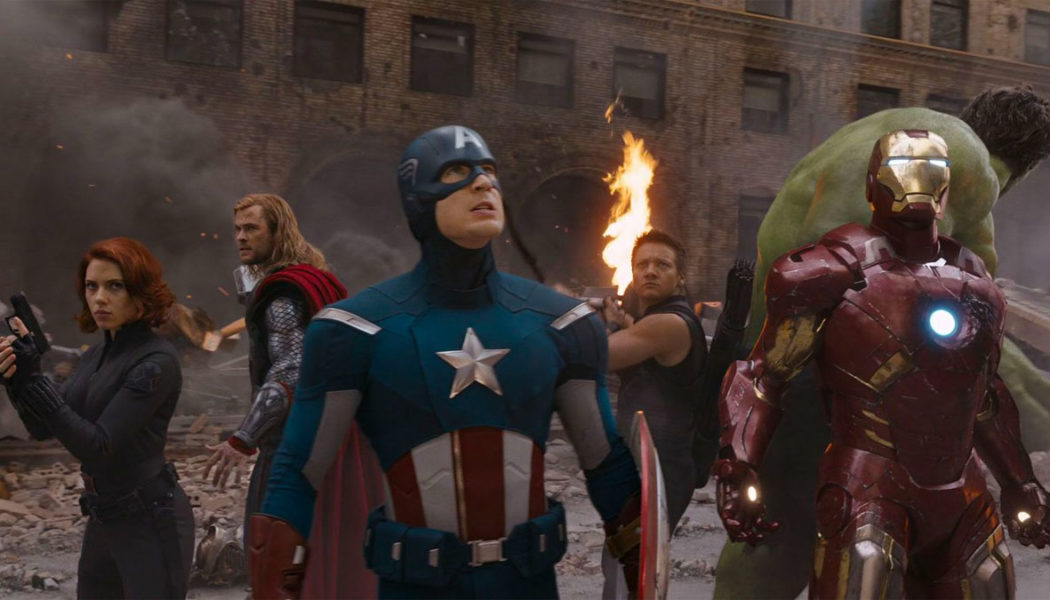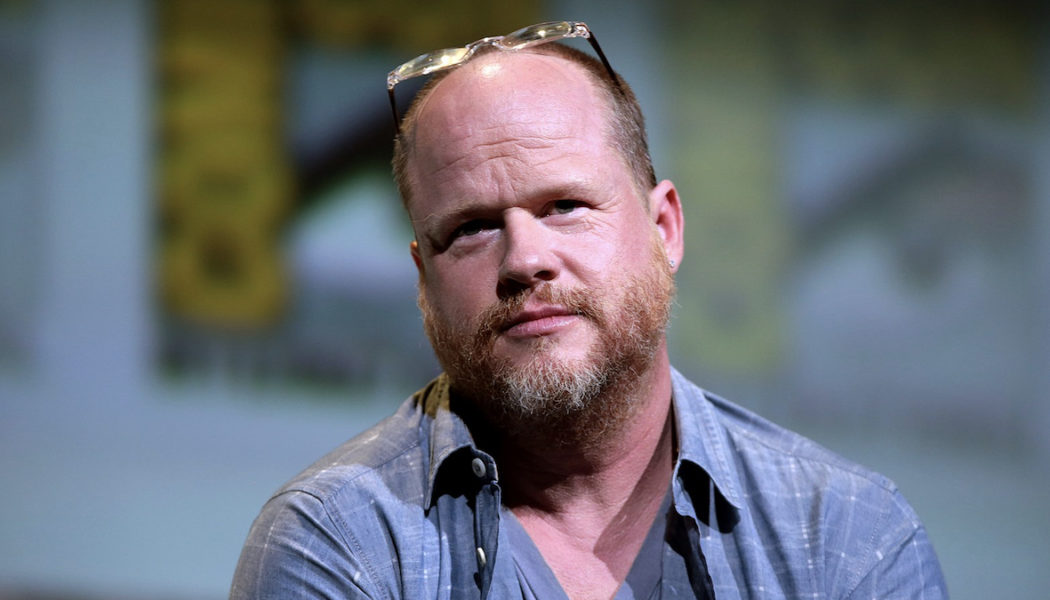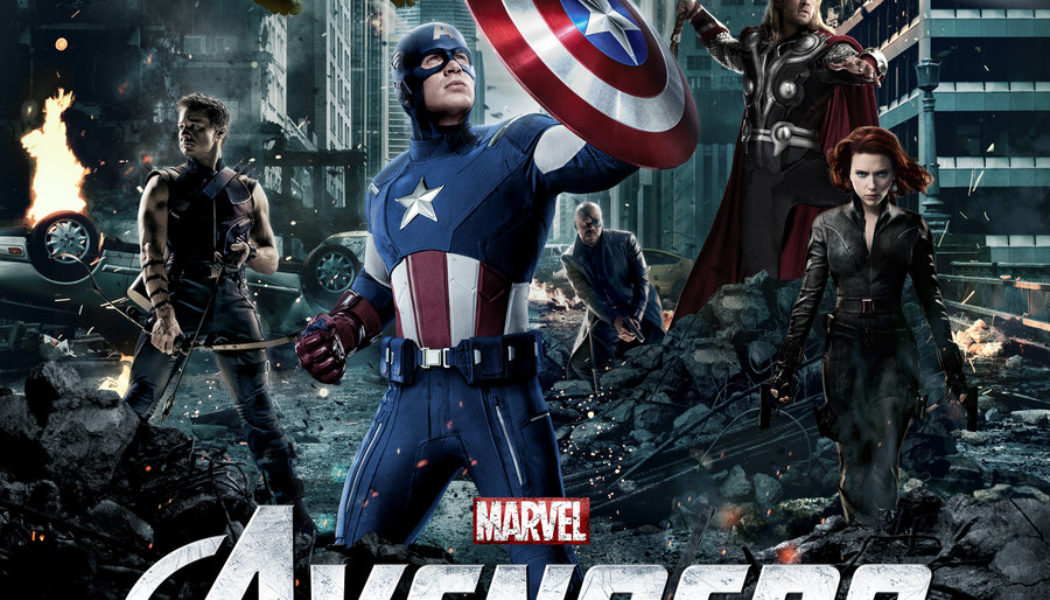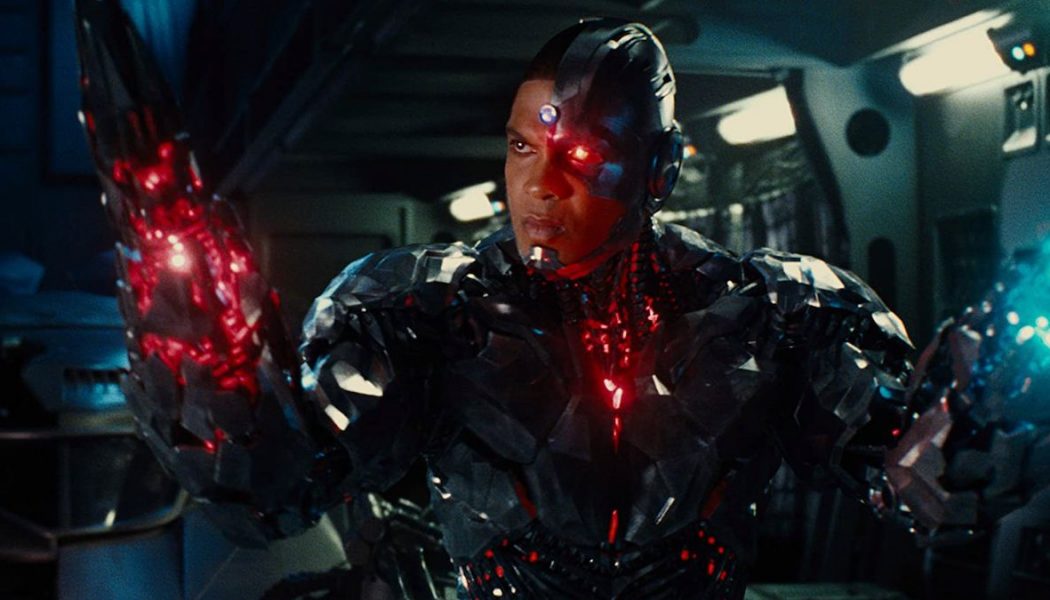Joss Whedon
Why Alien: Resurrection Is the Worst Alien Film — and Also the Most Fascinating
Twenty-five years ago, 20th Century Fox released the fourth Alien film, and with it brought its once-lucrative franchise to a screeching halt. Yet, despite the fact that Alien Resurrection is maybe the worst of the four original Alien films, it’s probably the one I’ve seen the most times. I keep coming back to it, over and over, as a fascinating mismatch between writer and director that, on paper, should have been legitimately amazing. I keep wanting to understand it. Every time, I fail. But I still come away fascinated by the sheer fact of its existence. Resurrection features the fourth (and to date final) appearance of Sigourney Weaver as Ellen Ripley, who we originally met as a humble space trucker in the first Alien, before she became one of the galaxy’s sole living experts on the terr...
In 2012, The Avengers Was a Huge Risk. In 2022, It’s a Relic of a Lost Era.
There’s an argument to be made that Joss Whedon’s The Avengers is the most important superhero movie of the 21st century. The reasons are numerous, from its proof of concept that a crossover event on this scale could work, to its staggering box office success, to the now-vast media empire which would not exist had this one film fallen apart. The MCU began with Marvel literally using its entire catalog of characters to secure a massive loan to produce its own films, and while the early success of Iron Man and the other Phase 1 films was promising, that huge gamble was still largely dependent on The Avengers succeeding. And that wasn’t necessarily the safest of bets, given that despite Whedon being nerd royalty and an established screenwriter, script doctor, and TV director, the film was onl...
Joss Whedon Responds to Misconduct Allegations, Calls Ray Fisher “A Bad Actor in Both Senses”
Joss Whedon’s fall from grace has been a long time coming. Last year, Charisma Carpenter shed light on historic rumblings of a toxic work environment on the set of Buffy the Vampire Slayer, while Ray Fisher detailed racist behavior on the set of Justice League. Gal Gadot even said he threatened her career for raising her own concerns about the DC flick. Whedon had mostly remained silent on the allegations, but in a new, wide-spanning interview with New York magazine’s Vulture, the one-time feminist hero commented on his blind spots — by pretty much denying everything. Fisher, who as Cyborg portrayed DC’s first Black superhero, accused Whedon of racism for cutting out scenes that provided Cyborg a nuanced backstory. In a since-retracted statement to Forbes, he also accus...
Joss Whedon, Spilling Your Guts Doesn’t Mean You’ve Done the Work
Sometimes, the best profiles are the ones that know when to let the subject speak for themselves, and Monday we received a great example of this in Vulture writer Lila Shapiro’s lengthy examination of where Joss Whedon is at in the year 2022. The profile’s answer: not great, on a lot of levels, due to years of controversy stemming from allegations of bad behavior across multiple projects, and Whedon’s not likely feeling much better, given the current online reaction to his statements. There are no shortage of pull-out quotes in the Vulture piece. Whedon refutes Ray Fisher’s allegations by saying the Cyborg scenes in Justice League “logically made no sense” and that’s why he wanted to cut down Fisher’s role. He then uses the sort of terminology that Giles might use to introduce one of Buffy...
Ray Fisher Details Justice League Drama with Joss Whedon and Warner Bros.
Any fan who has watched Zack Snyder’s Justice League realizes that Ray Fisher was done dirty by the theatrically released version spearheaded by Joss Whedon and Warner Bros. brass. But you need not have seen either movie to know that, as the Cyborg actor has been telling everyone for the last year about Whedon’s “gross, abusive, unprofessional” conduct on set and WB’s allegedly sketchy, racist attempts to cover up Fisher’s complaints. Today, The Hollywood Reporter published an extensive interview with Fisher, who digs into the weeds of his allegations against Whedon and studio executives Geoff Johns, Walter Hamada, and Jon Berg. He detailed how his concerns over representation of DC’s first live-action Black superhero were dismissed by the studio, which pushed for the character “to be...
